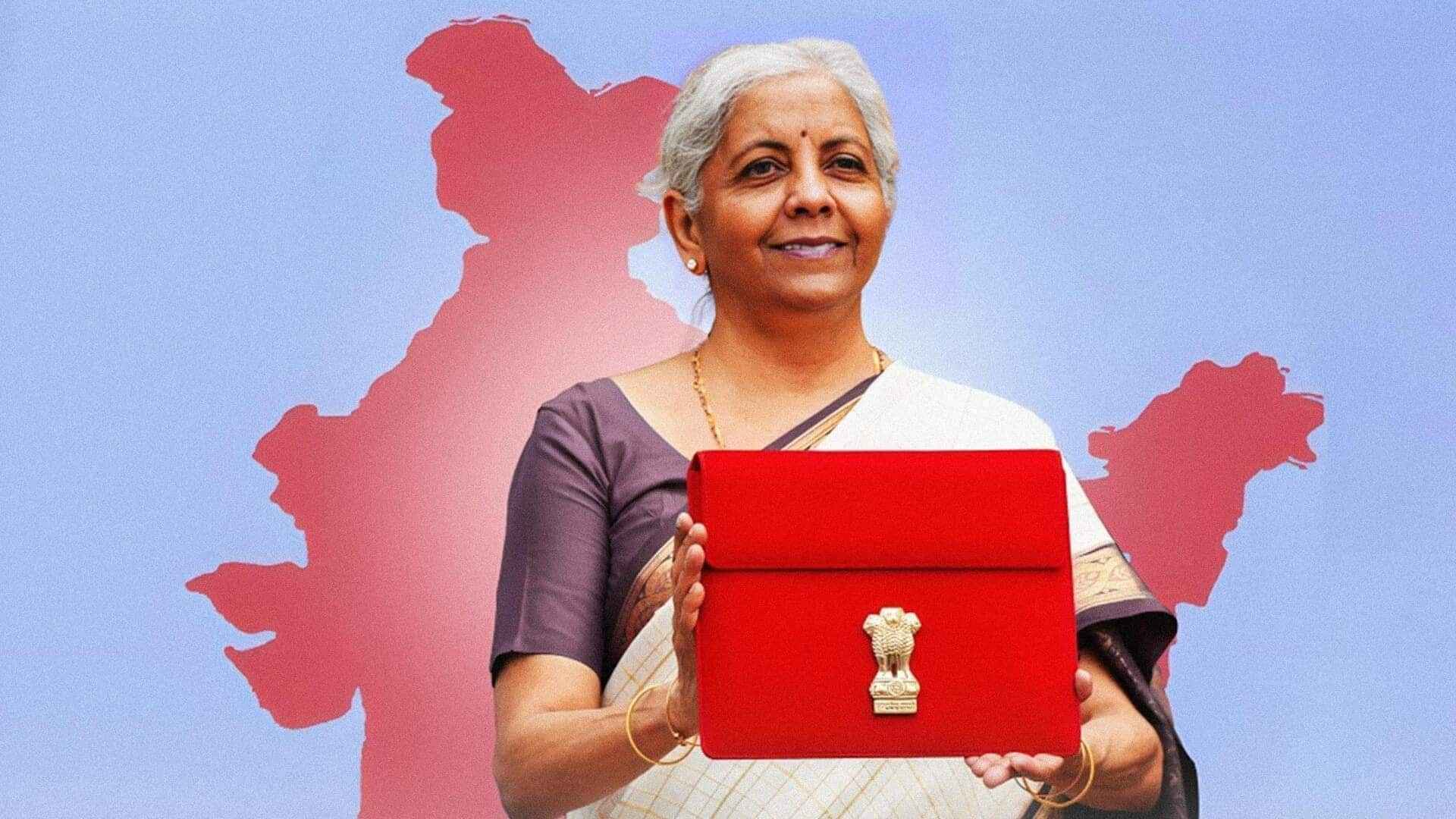Union Budget Date: Since 2017, India’s Union Budget has been presented annually on February 1. This date was chosen to provide the government ample time to implement financial measures before the fiscal year begins in April. Finance Minister Nirmala Sitharaman uses this occasion to outline the nation’s economic roadmap for the coming year. This shift marked a departure from colonial-era practices.
Historical Background of Union Budget Date
- Previous Practice: The Union Budget was traditionally presented on the last working day of February, a custom inherited from colonial rule.
- The Shift: In 2017, Finance Minister Arun Jaitley introduced February 1 as the new date.
- Purpose: The earlier date allows the government more time to adjust policies and financial plans before the new fiscal year.
Reasons Behind the Date Change
- Breaking Colonial Traditions: The change symbolized a move away from outdated practices.
- Improved Governance: Presenting the budget earlier provides a longer window for implementing necessary changes, ensuring smoother governance.
Evolution of Presentation Timing
- Colonial Era: Budgets were traditionally presented at 5 PM to align with British time zones.
- Modern Shift: In 1999, Finance Minister Yashwant Sinha changed the presentation time to 11 AM, making it more convenient for Indian audiences and reflecting independence from colonial influence.
Constitutional Framework of the Union Budget
- Legal Basis: Article 112 of the Indian Constitution refers to the Union Budget as the “Annual Financial Statement.” Interestingly, the term “budget” is not explicitly mentioned in the Constitution.
- Key Documents:
- Annual Financial Statement: Details estimated receipts and expenditures.
- Demands for Grants: Specifies the allocation of funds for various ministries.
- Finance Bill: Contains proposals related to taxation.
Components of the Union Budget
Budget Preparation
The Department of Economic Affairs oversees the preparation of the Union Budget.
Classification
- Revenue Budget: Covers expected income from taxes and other revenue streams.
- Capital Budget: Focuses on expenditure for infrastructure and government asset creation.
Two Main Parts
- Part A: Highlights macroeconomic policies, government schemes, and priorities.
- Part B: Details of taxation proposals and income tax revisions through the Finance Bill.
This structured approach ensures the budget addresses both immediate needs and long-term development goals.




